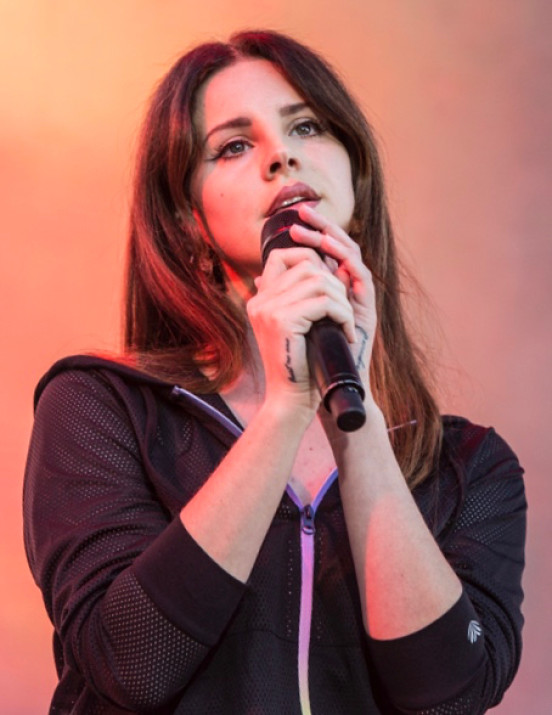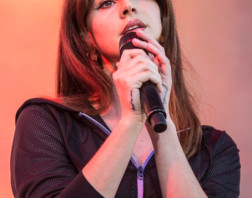
Radiohead and Lana Del Rey's ongoing dispute over 'Get Free' rights

Lana Del Rey’s song ‘Get Free’ has been the subject of an ongoing dispute with Radiohead over whether or not the song uses significant elements of Radiohead’s song ‘Creep.’ Del Rey has publicly stated that “my song wasn’t inspired by Creep” but admits that there have been ongoing discussions with Radiohead’s lawyers since last year.
Del Rey also claims that she has offered up to 40% of the publishing rights to Radiohead but that the band’s lawyers, “have been relentless,” demanding 100% of the rights, and filing a lawsuit. Del Rey performed ‘Get Free’ at a recent concert in Denver and described it as her ‘personal manifesto’ and that, “those sentiments I wrote, I really am going to strive for, even if the song is not on future physical releases of the record.”
Radiohead’s Publisher Warner/Chappell has released a statement saying that no such lawsuit has yet been filed, and that the band is not demanding 100% of the publishing rights as per Del Rey’s claims. It goes on to say, “It’s clear that the verses of ‘Get Free’ use musical elements found in the verses of ‘Creep’ and we’ve requested that this be acknowledged in favour of all writers of ‘Creep.’
There are further complications in that after ‘Creep’ was originally released, Radiohead were sued by songwriters Albert Hammond and Mike Hazelwood who wrote ‘The Air that I Breathe’ for The Hollies in 1972 over musical similarities. The case was settled, and Hammond and Hazelwood received song writing credits and an unspecified share of royalties for Creep. It is unclear whether Hammond and Hazelwood would further benefit if Radiohead are successful against Del Rey.
This case also brings attention back to the famous 2015 ruling over ‘Blurred Lines,’ the biggest selling single of 2013 in which Pharrell Williams & Robin Thicke were ordered to pay over $5m in damages to Marvin Gaye’s family when a jury found that Williams & Thicke had used copyrighted elements of Gaye’s ‘Got to Give it up’ in their creating of ‘Blurred Lines.’
Williams and Thicke have appealed stating that the ruling was fundamentally flawed and that it sets a precedent that prevents musical artists from being inspired by others to create new music. The appeal is currently ongoing, and the eventual decision may well create a landmark precedent for future cases of this nature in the music industry.
For any aspect of Intellectual Property advice and overall strategy, please get in touch with the ip21 team.
Richard Jones, Business Relationship Manager for ip21 Ltd.

